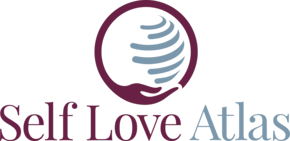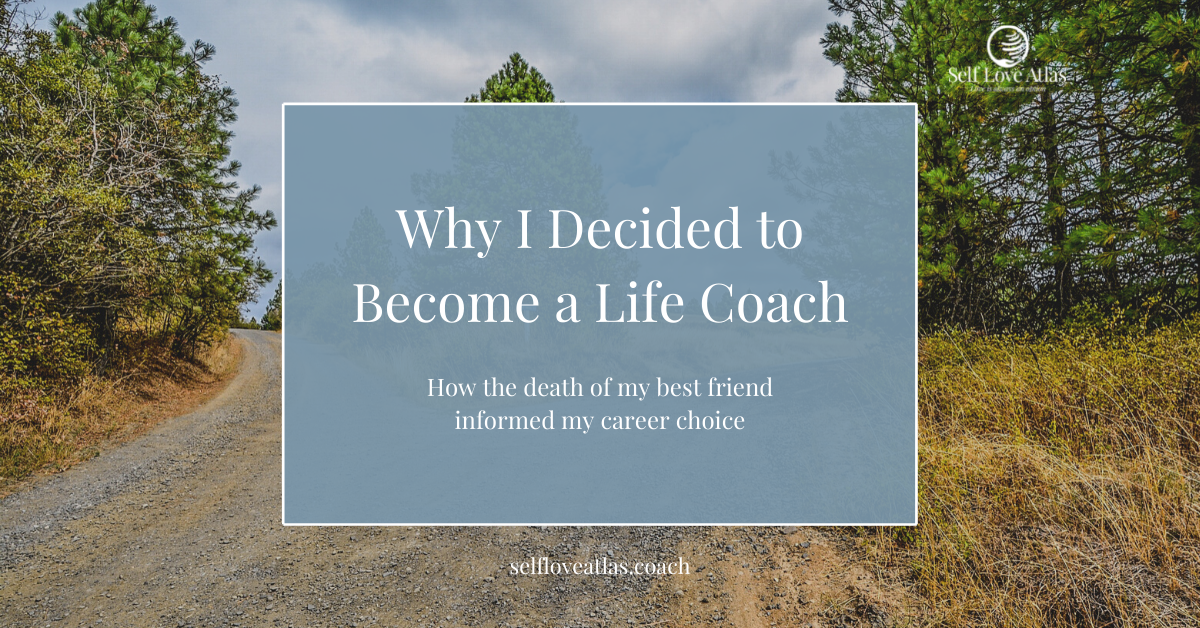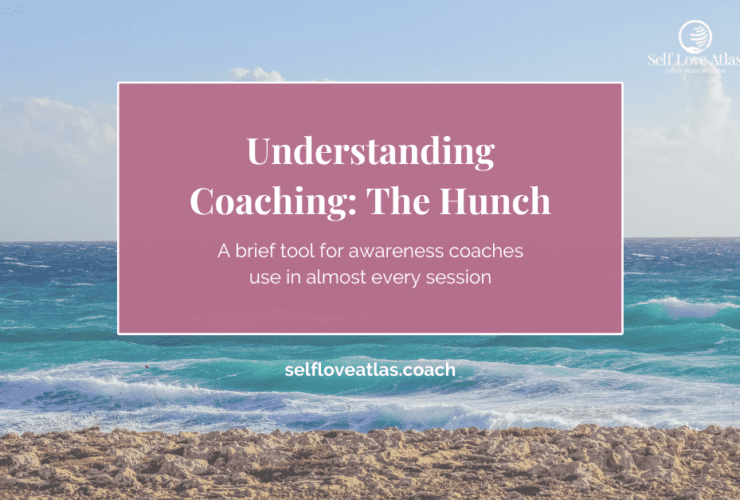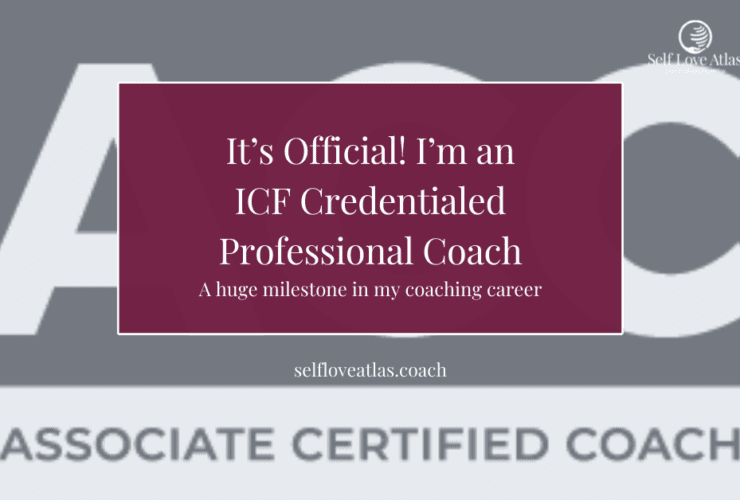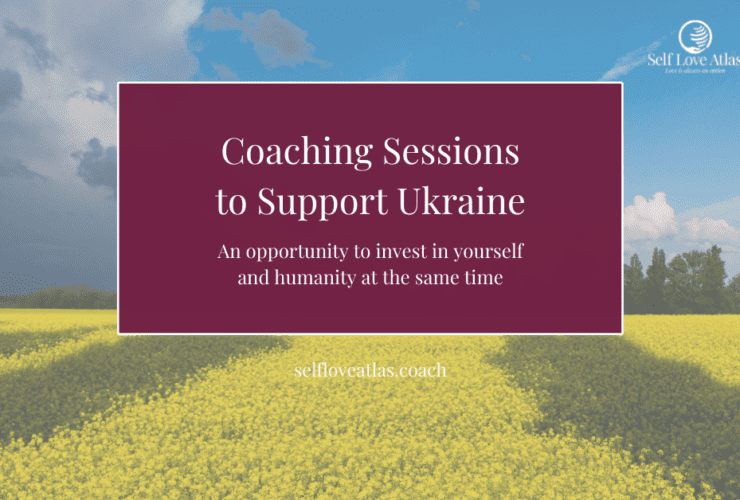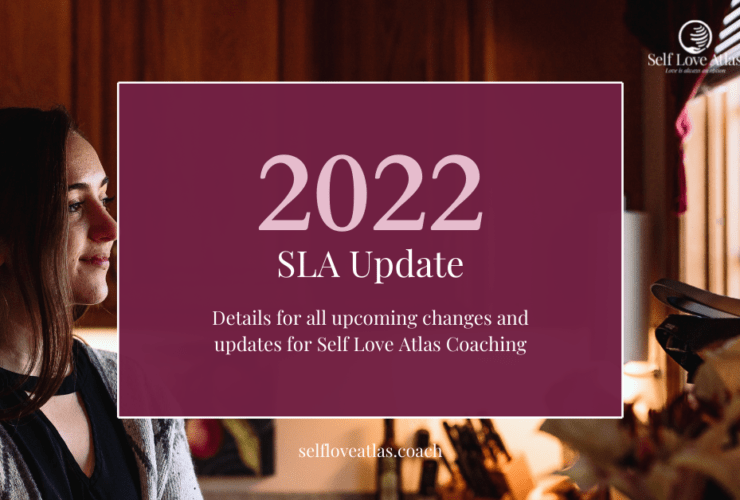Why I Became a Life Coach
The first hundred times I told people I wanted to be a coach, I received perplexed expressions. People would ask “What does a coach do?” and “How did you decide you wanted to do that?” And after answering these questions many times, I’ve found that my answers tend to loop back to one major event in my life that changed me forever.
Back in high school, I had a best friend who was a glimmering example of compassion, unconditional love, and support. His name was Joe.
He was a hard worker, an athlete, an incredible student (on track to be valedictorian), a giving soul, and so many other wonderful things.
He was the kind of guy who would take the shirt off of his back for a stranger. Honestly, every move he made was taken with other people in mind.

P.C.-Sean Work
Whenever I needed a friend, he was always there for me to lean on. He never failed to listen deeply or offer total and complete presence anytime we were together. And if I was scared to walk alone, he’d run three miles to my house just so I didn’t have to. He would always go the extra mile, in every way, for others, even if he didn’t know them.
He taught me that love was limitless, and that I didn’t need to know someone to love them.
But on January 6th of 2015, I got a call. And as I stood in an empty high school hallway, I heard a strangled sound on the line.
I heard a teary voice say, “Morgan… Joe died.”
The words might as well have been a different language. Because in that moment, I could not understand them. It was such a shock that I felt nothing but disbelief.
After lots of questions, I learned that my friend had died of an aortic abnormality (a heart condition that could not have been prevented).
I would later painfully joke that his heart must’ve been so big (metaphorically) that it burst.
The day after I received the call, there were counselors and therapists in the library, talking to students and holding space for them to grieve.
It was then that I was called down to the library by staff, not because I was very close to the student who had died, but because other people I loved, my peers, wanted my support, and wanted me to be there with them as they dealt with their pain, grief, and shock.
Like me, they had lost a huge part of their support system. But in his absence, I was called to show up for them.
And although I really felt like I was falling apart myself, something about seeing my friends’ grief, struggle, and pain gave me the courage to be what they needed in that moment. To be the friend that Joe was to me.
Behind him, my friend left a gaping hole where his love used to be. And once I saw the absence, I became passionate about filling it however I could.
Even though nobody could ever replace my friend and everything that he was, I knew that the world would always need more of what he had to offer.
So I decided that for the rest of my life, I would be someone who would offer that unconditional love and support. I would be that presence. I would run the extra mile again and again, so the world wouldn’t have to go so painfully without the gifts he offered to us all.
This is why I became a life coach.
In my mind, life coaching is the only profession that allows me to become invested in other people’s lives and growth in a way that is so personal and unconditionally loving. Since coaching is inherently a peer-based relationship (and not a hierarchical one), it allows me to be a partner and a teammate with people as they ride the waves of their lives, pursue their goals, and grow into clearer and happier versions of the people they want to be.
A coach is certainly not the same as a friend (although there is some overlap there), but when I lost my friend, I realized that very few people have someone in their lives who consistently shows up for them in a level headed, calm, joyful, and present way.
We all need someone like that. I did then, I do now, and I believe anybody could benefit from having someone like that in their lives.
That’s a huge part of the job description of being a coach. Coaches offer personalized support, hold a calm and loving space for people to talk about their lives, give people permission to feel however they need to feel, offer gentle pushes in the direction they want to go, and accept people fully as they are in their complex, beautiful, and unique existence.
Coaching sessions are a safe container for people to process their lives and start catalyzing the growth they want to see in themselves and their paths forward.
And coaches help people see that they are capable of so much more than they think they are, that they are worthy of support and compassion both from themselves and others, and that they are not alone in whatever struggles/challenges they’re battling right now.
This is exactly who I want to be both in my personal life and in my coaching.
I feel so incredibly lucky because, as a coach, I can devote all of my energy and attention to offering compassion and support to my clients. And for years, this is all I really wanted to be able to do for others.
So to those of you who have helped make starting up my business possible, and to those of you who have hired me as your coach, I cannot thank you enough. This is literally a dream come true.
I know Joe would be so proud.
Hi, thanks so much for reading. Have you found a sense of purpose and direction in the wake of tragedy? It’s actually super common for people who go through something very difficult to come out of it with a renewed sense of what they want or who they want to be in their lives.
Did this post resonate with you? If so, I’d love to hear from you! Leave a comment or send me a message to share your thoughts. For more uplifting content, check out some other posts on my blog, follow me on instagram @morgan_barbret, or sign up for the Self Love Atlas Newsletter!
Cheers,
Morgan Rita Barbret
